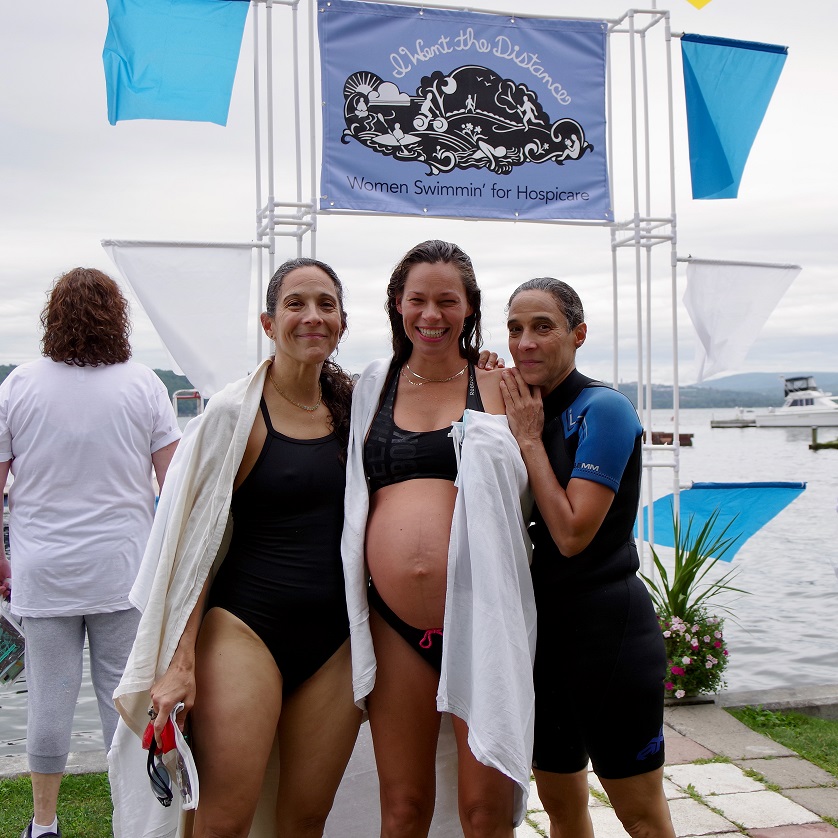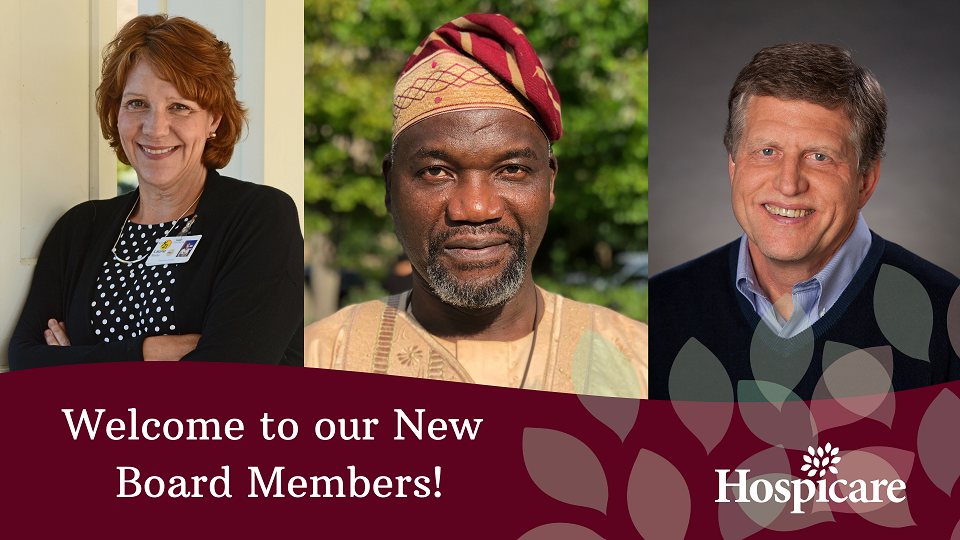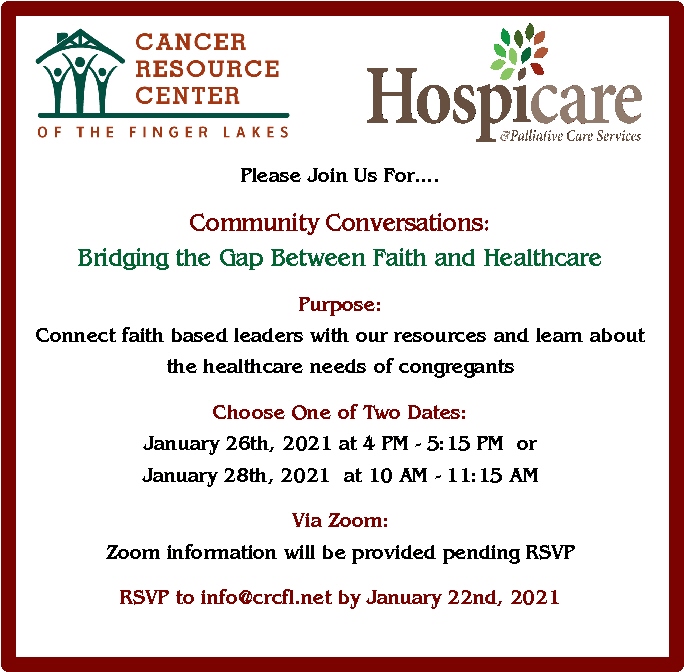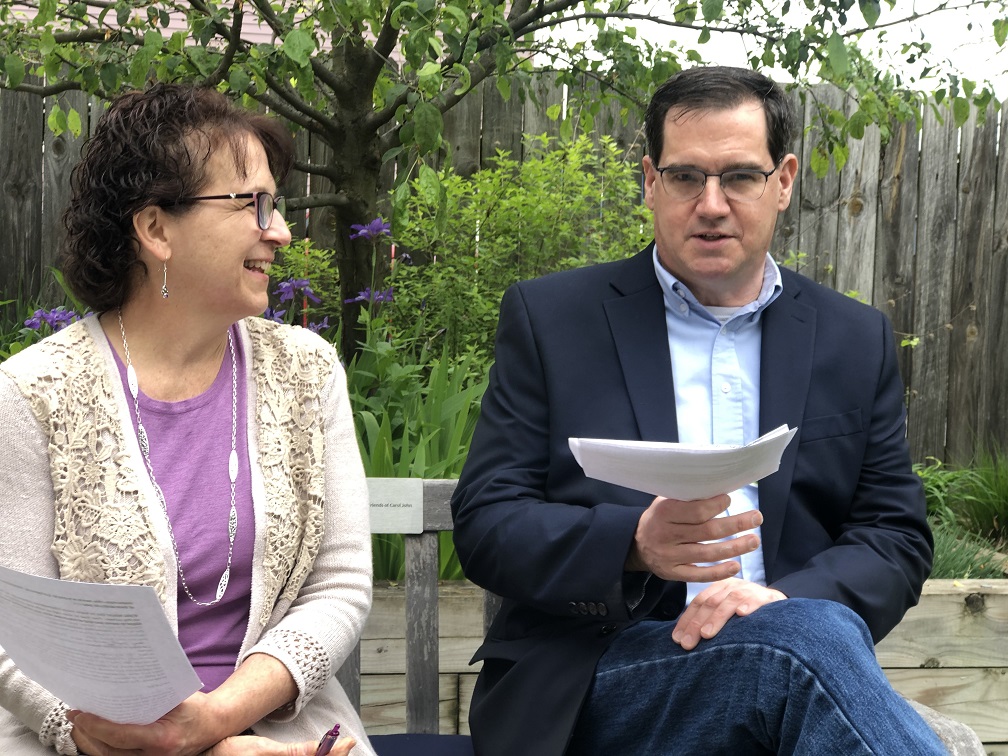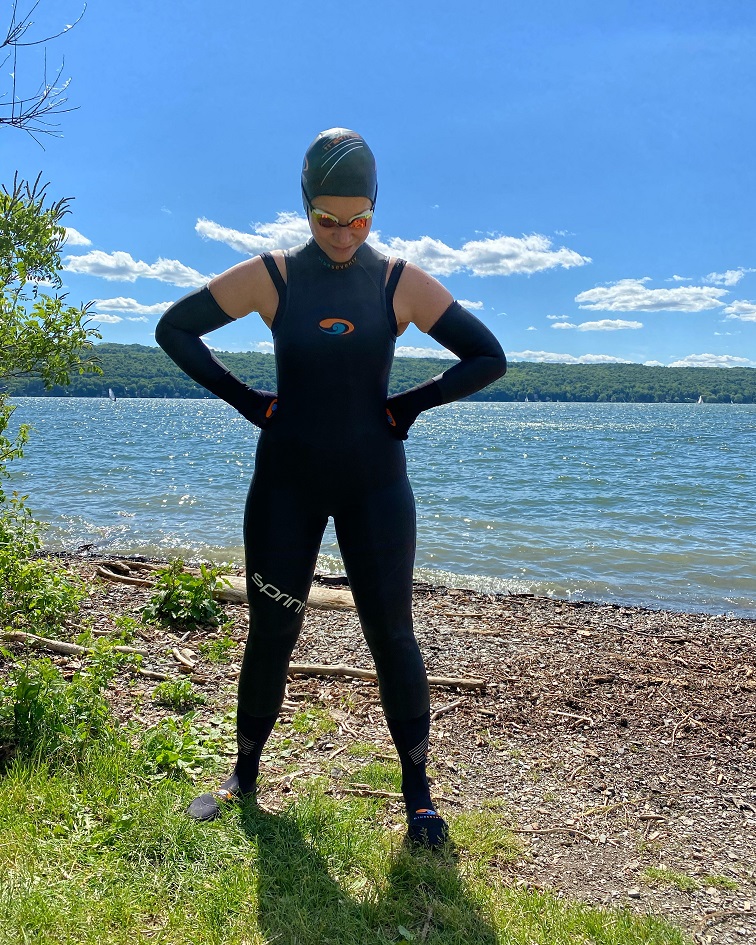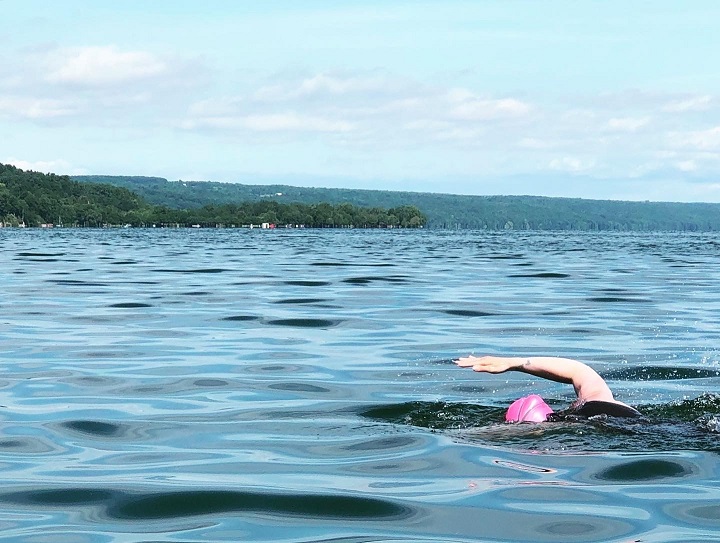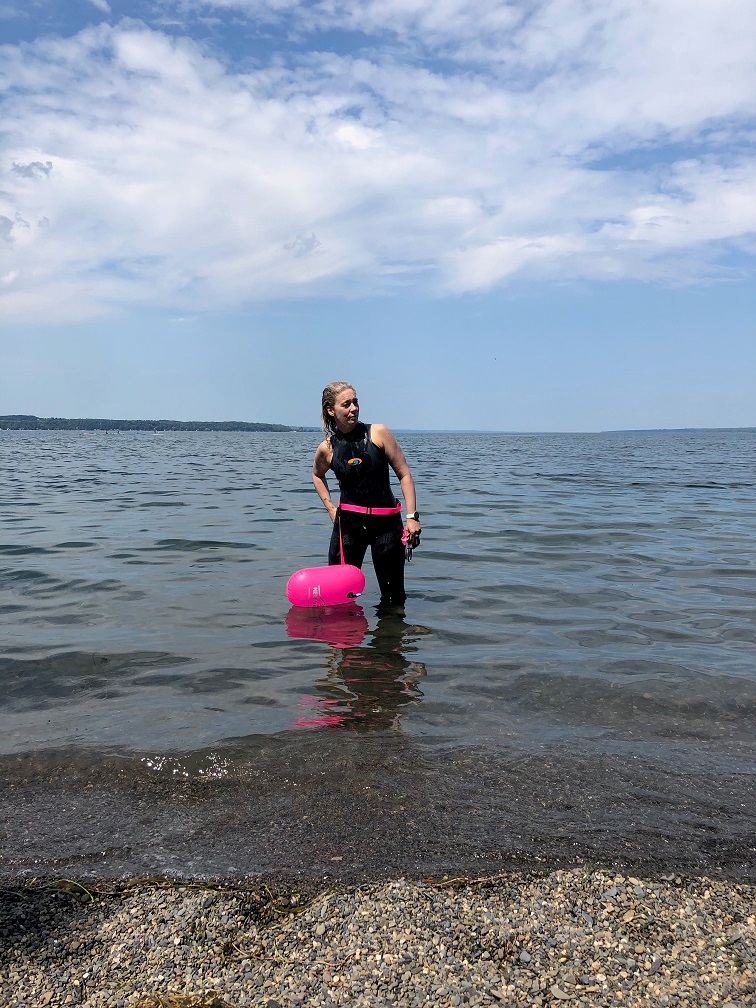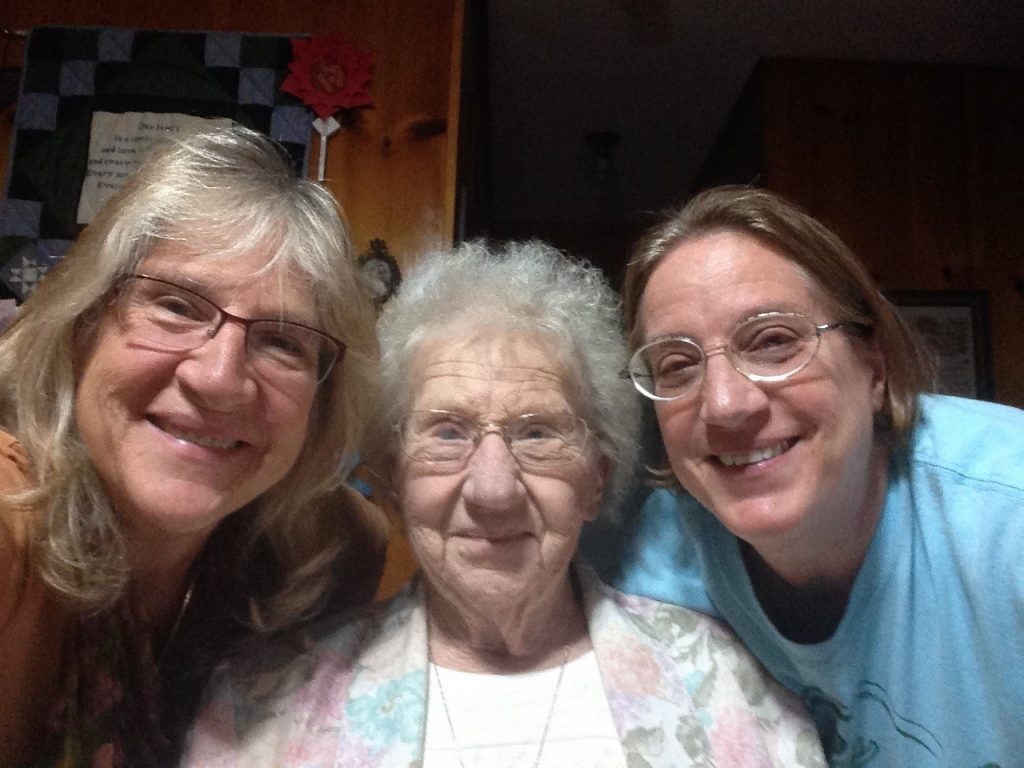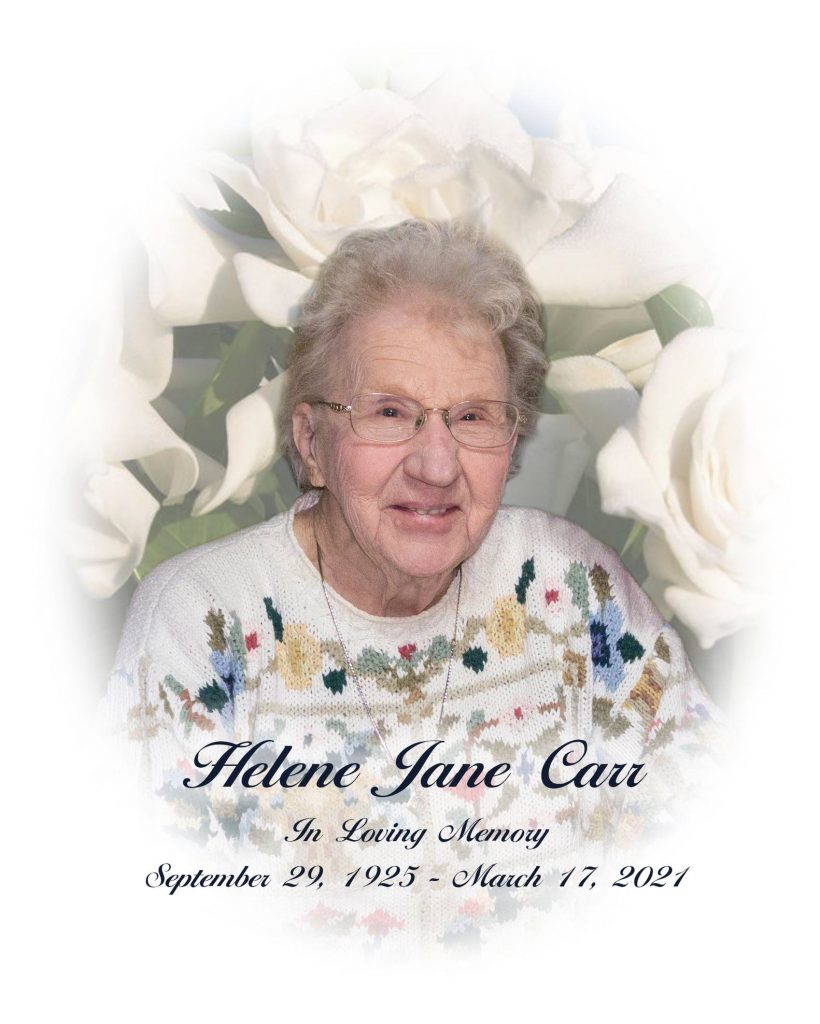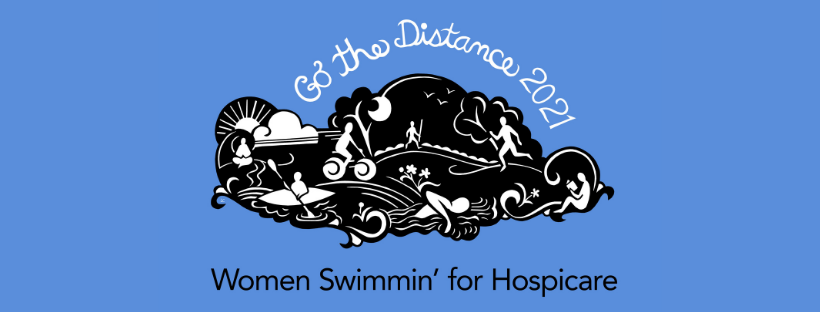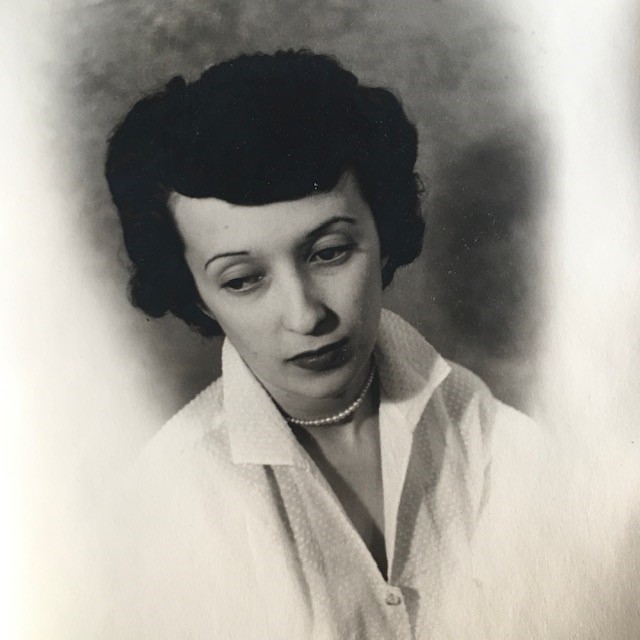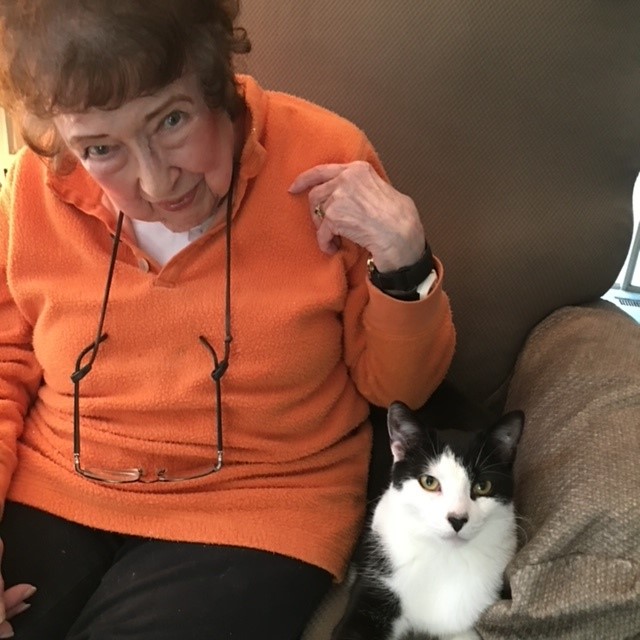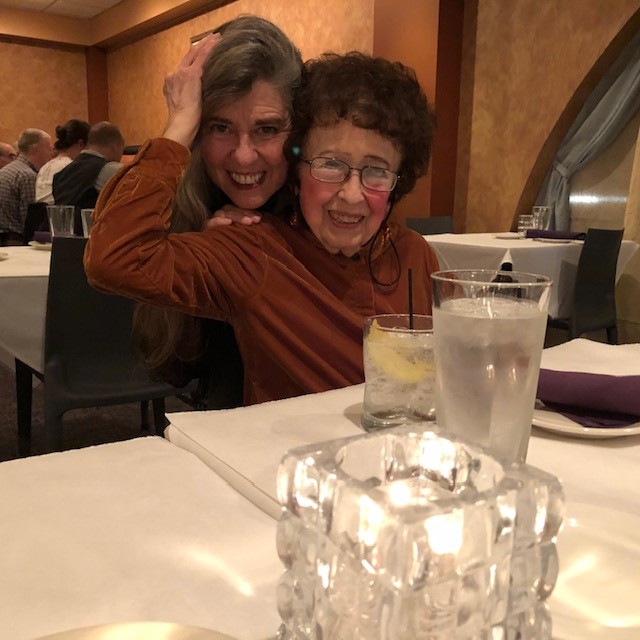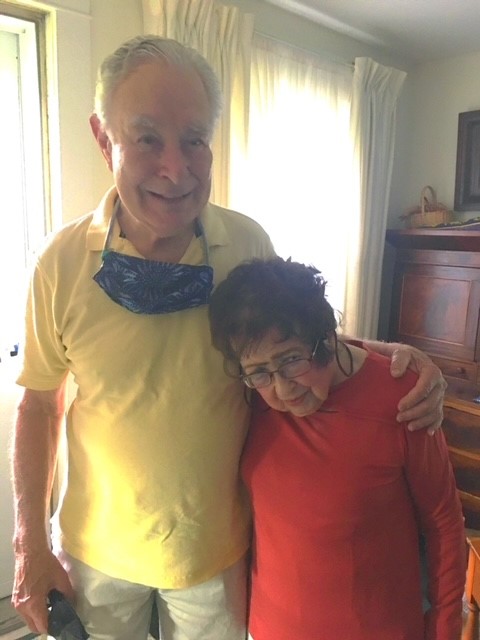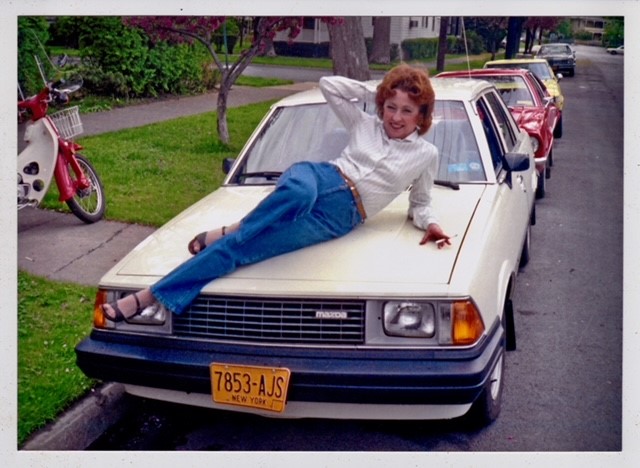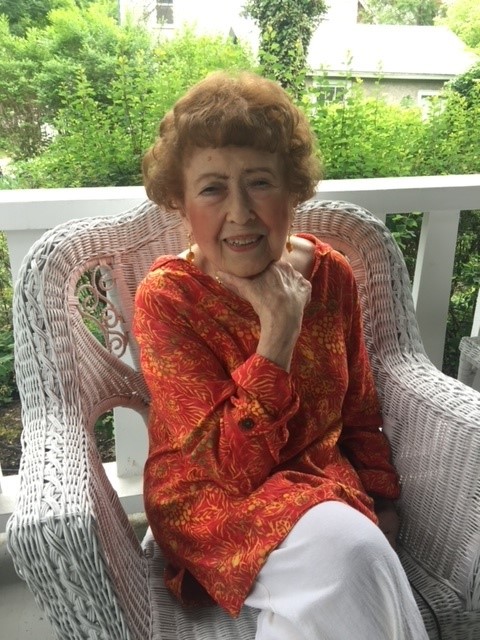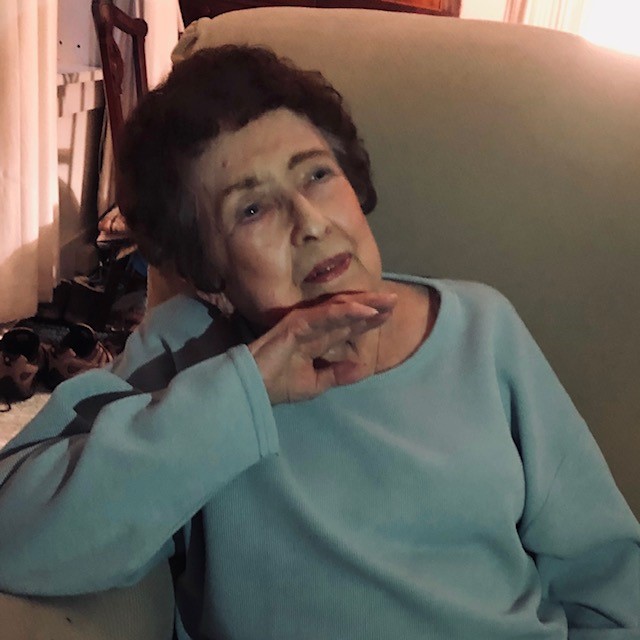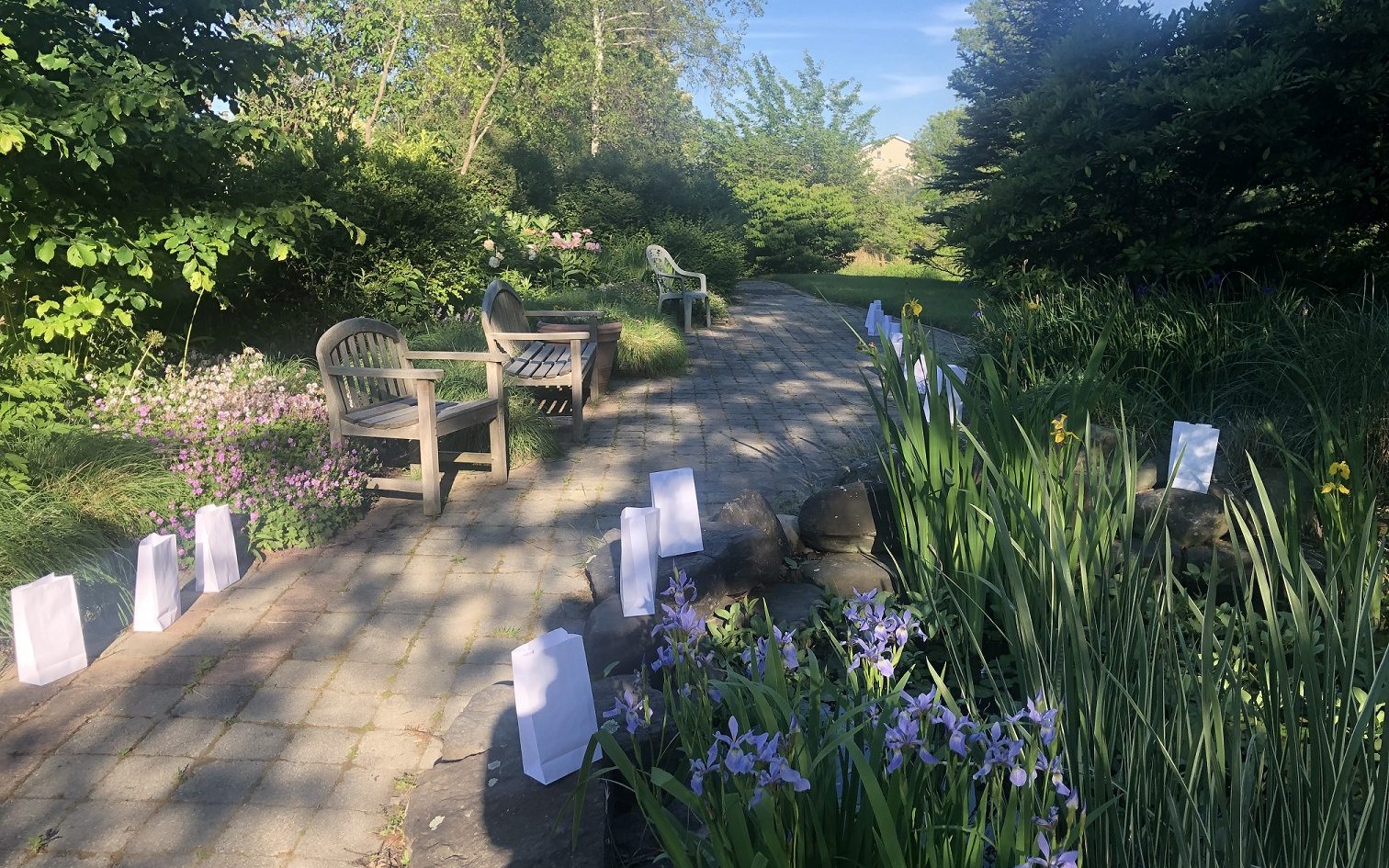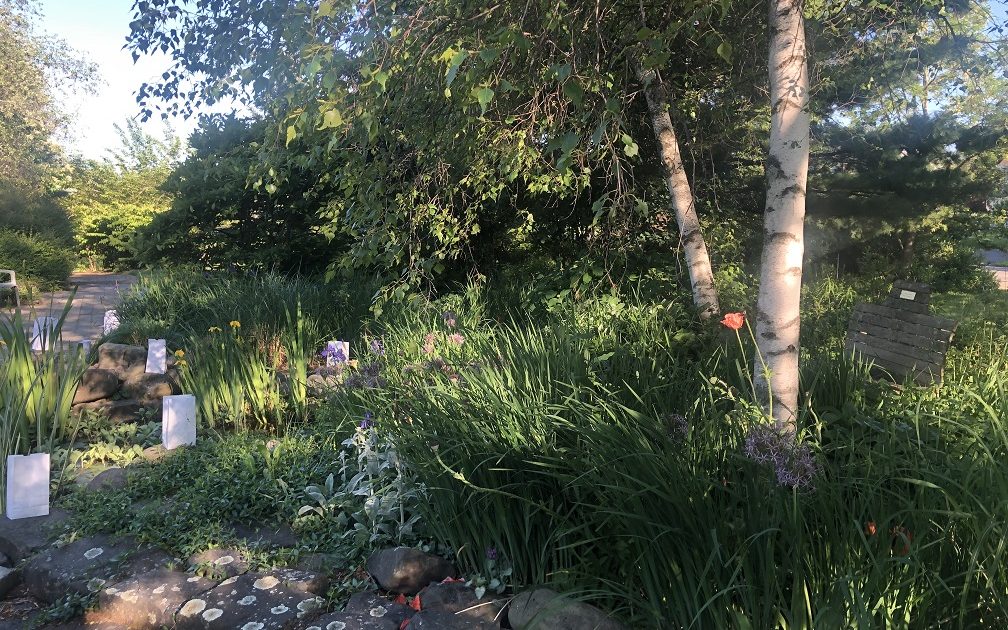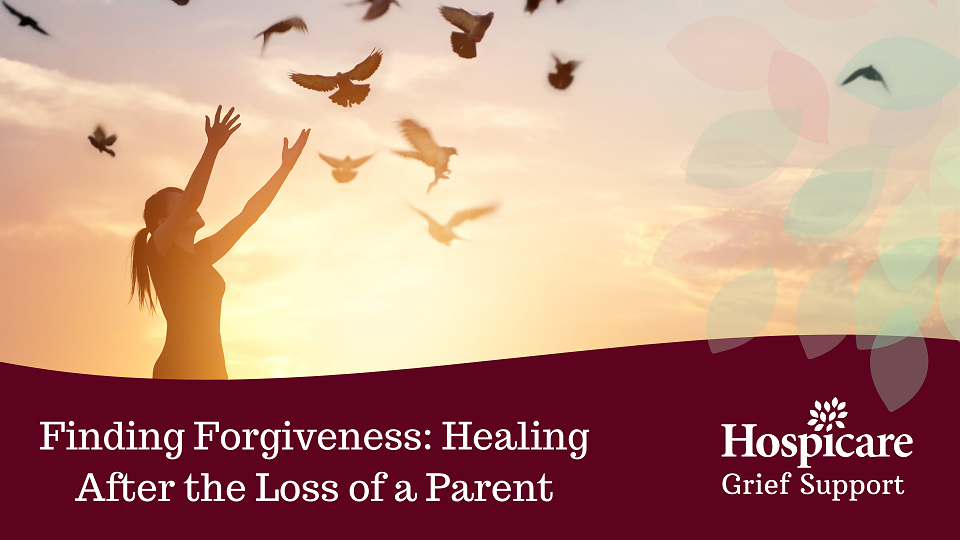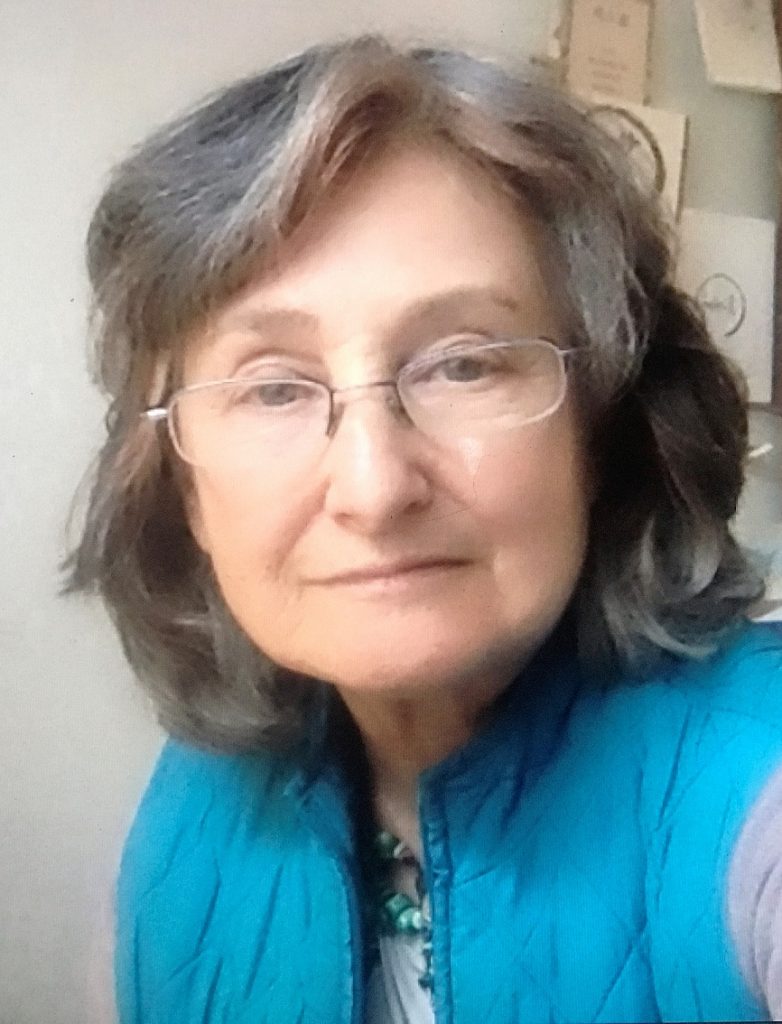By Rebecca Schillenback
What is left when someone we love has gone from our sight? What remains when a beloved person has died? What will be left of us, after we are gone? Can beauty be found in what remains?
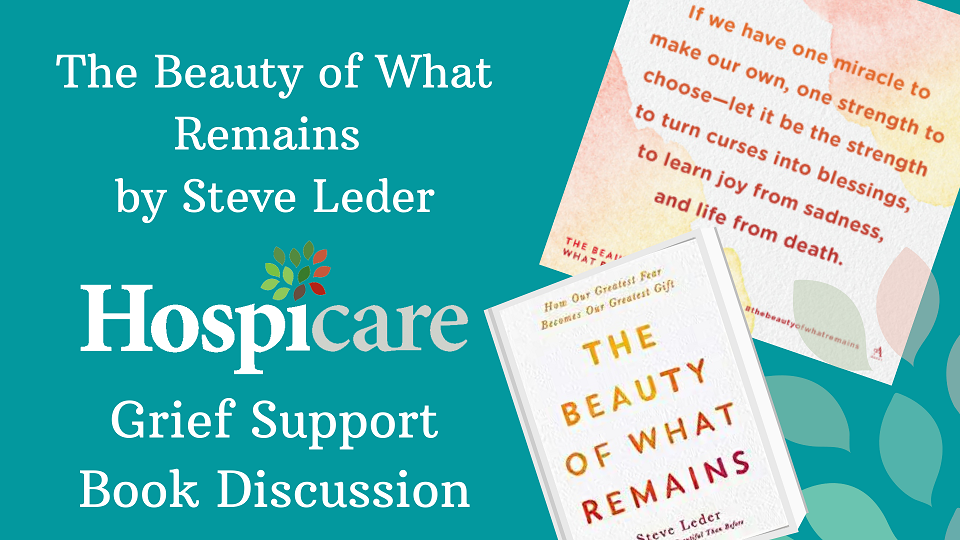
In his book The Beauty of What Remains, Rabbi Steve Leder offers a gentle meditation upon these questions. Drawing from the lessons he has gleaned from his years as the senior rabbi of one of the largest synagogues in the world, Leder’s many miles spent walking with people ‘through the valley of the shadow of death’ have led him to understand that it is actually death that can show us how to live and love more deeply. With great compassion, Leder approaches the loss and grief that visit us because of death, and asks us to consider what gifts and opportunities might also be found there.
Of course, it’s so understandable to wish for a life without the losses and griefs of death. But Leder suggests that if such a wish were granted, while we could gain time and safety to a degree that is almost incomprehensible, we would also paradoxically lose something urgent and precious that defines our very humanity and propels us to love. In the end, Leder proposes that it is precisely the urgency of love, and the preciousness of what and who we love about living, that are an indelible quality of being human, and of the beauty of what remains when death has taken someone we love from us.
All of the great spiritual traditions wrestle with the reality of our human finitude, and give voice to our many responses to the given-ness of our mortal condition. Many stories, songs, poems, faiths, philosophies, hypotheses, and cosmologies have been crafted by our spiritual ancestors and by our contemporaries, through the millennia and modernity, to grapple with our shared condition. Steve Leder’s book is another lovely offering in this long tradition. Please join us as we explore this gentle book, and use Leder’s reflections as our guide for creating and connecting with ‘the beauty of what remains.’
Book Discussion: The Beauty of What Remains, by Steve Leder
This event will include an interactive discussion of the book, The Beauty of What Remains. Rebecca Schillenback will lead us through an exploration of spirituality, grief and what can be learned from this book. Held via Zoom. Registration is required by September 20th. For more information contact the Bereavement staff via phone at 607-272-0212 or send an email. Login details will be provided after registration.
